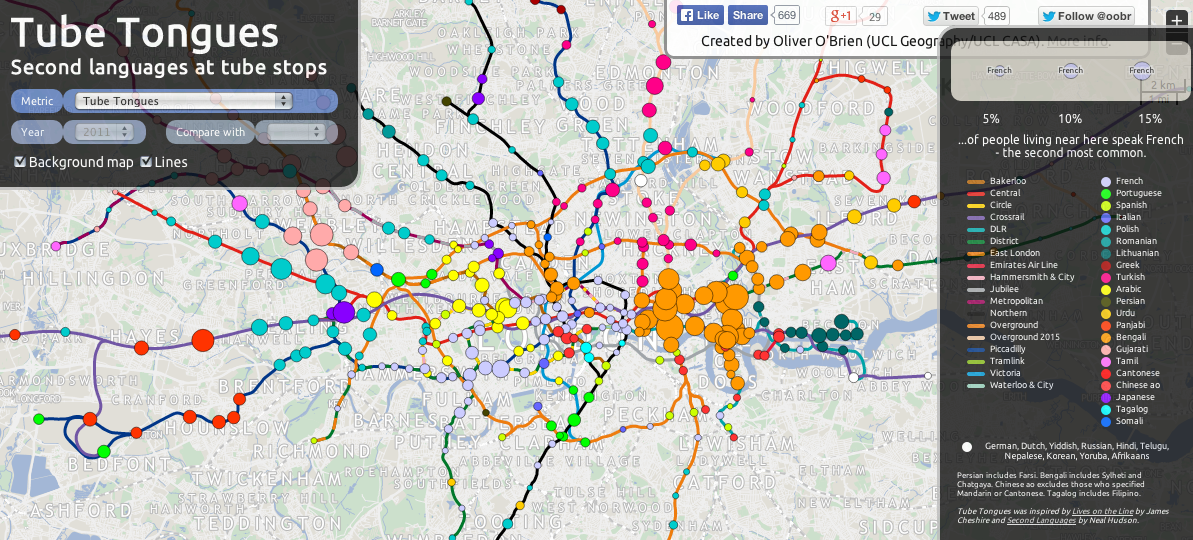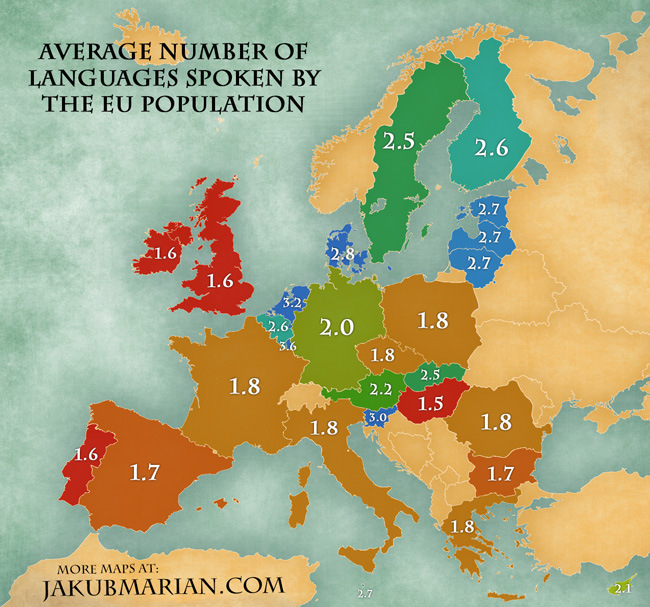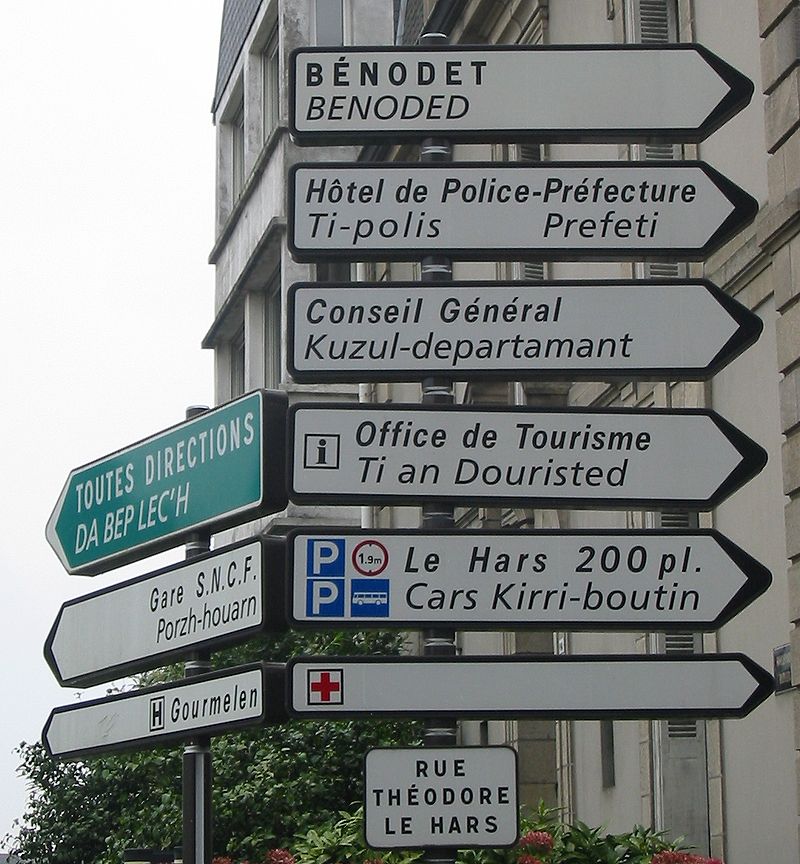How Bilingual is the EU?
At Listen & Learn, our goal is to get people speaking as many languages as possible. The more we can all understand each other in our native tongues the more harmonious a planet this will be.
It’s therefore interesting to see which countries seem to have an aptitude for learning languages, or at least a desire to give it a go, and which are lagging behind and shaking their heads in incomprehension whenever a foreign-sounding word reaches their ears. The EU is a hot-bed of language learning, having developed hundreds of varieties within the Indo-European family, and it’s intriguing to note the differences in the number of languages learned on average by residents of each state.
Table of Contents
Created by Jakub Marian
The countries with the highest language-learning levels
These are not as obvious as you would think. The nations who can hold their heads up high in regard to the average (mean) number of languages spoken per individual are the Baltic states of Latvia, Lithuania and Estonia, where in addition to their own individual languages have a healthy number of Russian, Polish and Belarusian speakers, with English on the rise. Beating their average of 2.7 languages spoken are Denmark (2.8), the Netherlands (3.2) and the victors, Luxembourg, surrounded by so many countries it’s amazing they don’t simply fold their arms in dismay and make Esperanto the national tongue.
A surprisingly high score of note goes to Slovenia, which with an average of 3.0 languages spoken is the clear winner of the nations anywhere near the Mediterranean.
The countries with the lowest language-learning levels
The bigger nations fare rather badly. The average German can speak an additional language, perhaps unsurprisingly as English is taught in virtually every school there. France, Italy and Spain fare less well, but few would be shocked to find the UK and Ireland veer towards the bottom of the poll, with English being such a dominant global language in the 21st century (and the UK’s current desire to distance itself from the European project). Only one nation fares worse – Hungary, with a dismal average of 1.5 languages spoken. As of 2011 only 16% of people in Hungary spoke the second-most popular language: English.
Bilingualism in cities
While it’s interesting to note the average levels of language learning among a nation’s people, no-one in the world is actually the ‘average person’, and digging down into different cities paints a more interesting picture. Certainly if a city is close to the border with another EU state, for example the near neighbours of Vienna and Bratislava, the free movement of people within the EU and the desire to understand the neighbouring country will make bilingualism far more common, important and attractive.
But that doesn’t mean a city has to be close to another country experience high levels of language knowledge. Berlin, for example, is a reasonable distance from its nearest international border (with Poland) but experiences high levels of immigration, which combine with the previously mentioned German propensity for language learning make it a home from home for countless languages and cultures.
Paradoxically, one of the most multicultural cities in the world, London, seems almost to rebel against the sharing of languages. There are hundreds of languages spoken in the UK capital, but many people who arrive fail to learn English, and Londoners seem to have little inclination to learn the languages of newcomers, perhaps given the widespread nature of English across the world. London, as ever, is as difficult to comprehend as anywhere in the world, as demonstrated by this map of the most common second language spoken around each London Underground station:

Created by Oliver O'Brien UCL Geography/UCL CASA
Languages of the EU
Officially, there are 24 official and working languages in the EU, though in practice only English and French are used in the majority of EU business. The most widely spoken language in the EU is English, which is understood by 51% of adults, while German is the most widely spoken native language, spoken by 18% of EU citizens (Germany being the most populous country in the community, at least for now).
In addition, Croatian, Czech, Danish, Hungarian, Irish, Italian, Slovak, and Slovene are official languages in multiple EU countries at the regional level. Other languages are perennially trying to get themselves ‘on the books’, with initial status as a ‘co-official’ language given to the likes of Welsh and three of Spain’s languages, Catalan, Basque and Galician.
And then there are the countless immigrant languages brought into the EU from around the world. Around 6% of EU citizens have at least a working knowledge of Russian, the most widely spoken non-official language, followed by Arabic at 2%. Surprisingly, fewer than 1% of EU citizens had knowledge of Chinese when the report containing these figures was published in 2012.
Language and multiculturalism
As EU citizens are allowed to move freely between the member states there is likely to be an increase in the diversity of citizens in any one nation. While we often enjoy the benefits of multiculturalism, from different cuisines to art and a huge range of cultural activities, the ghettoisation of populations unable to understand each other within a country is a constant bone of contention for people on both sides of the migration debate.
Each of us can help smooth community relations by learning a new language, even if only to show that we’re willing to engage with citizens of other cultures and try to understand their native tongues, within our own borders. We currently have 17 language levels tests for you to try, to establish how much you already know about a foreign tongue and how suited you may be to developing that knowledge, or indeed starting from scratch. Perhaps take a look at our French, German or Spanish tests for one of the more common European languages, spoken by millions within the EU, or push yourself with a go at Russian, Arabic or even Japanese.
Learning languages is enjoyable and good for the brain, but it can also be good for community relations and making yourself a truly global citizen.




